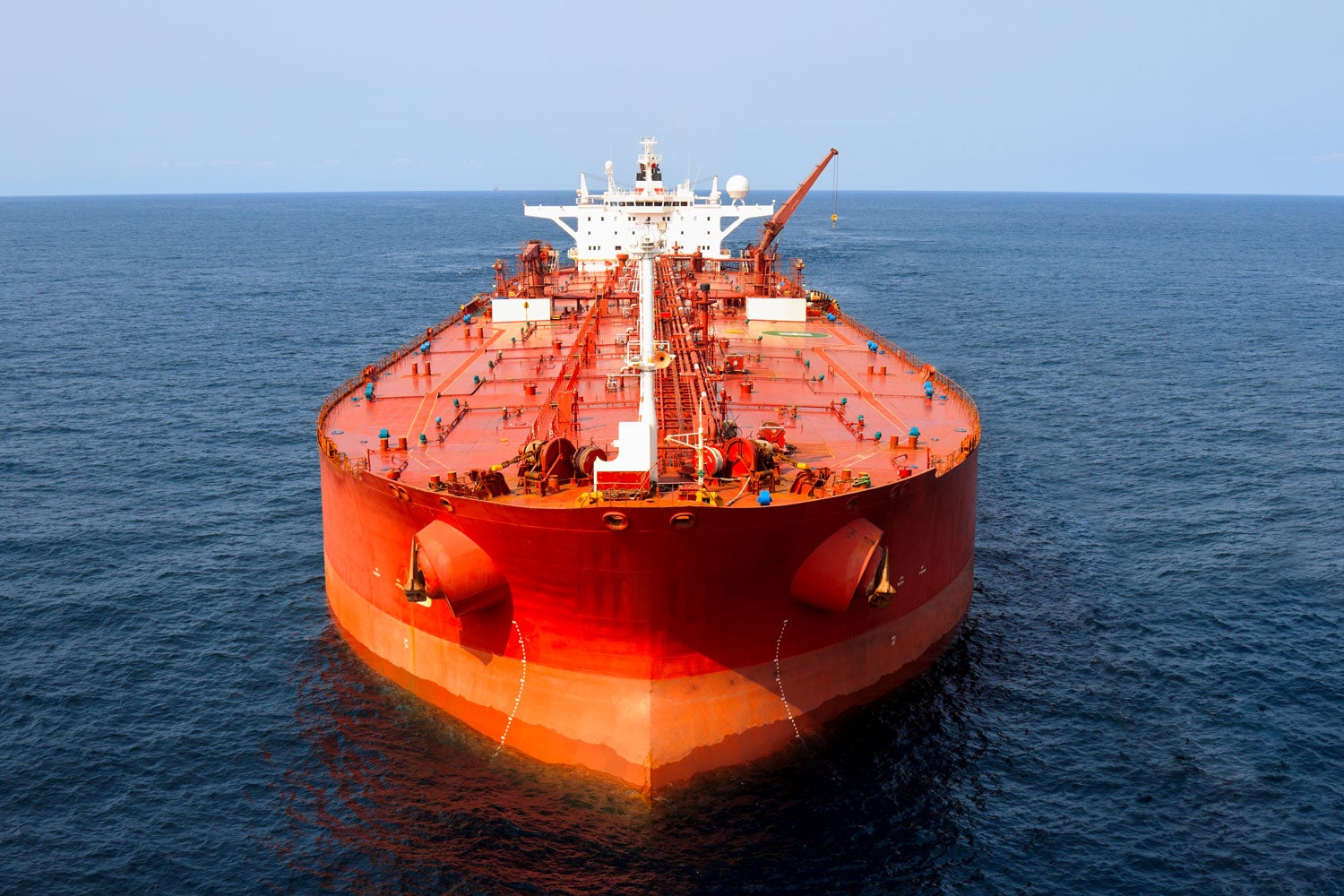03 May 2018
5 min read
#Transport, Shipping & Logistics
Published by:

At about the time of the worldwide phenomenon that was the Hanjin Shipping collapse, a much watched Australian shipping start-up encountered the same fate.
The liquidation of the shipping company has been going for one year, marked by the Liquidators’ annual report to creditors released on 22 March 2018. The report provides a detailed post-mortem analysis of the main causes of the failure of the shipping company.
The shipping company was called Great Southern Shipping (GSS). Unfortunately, it failed to live up to its name, being neither ‘great’ and, arguably, not completing any ‘shipping’ during its period of operations.
Short history
A short history is all that is required, as GSS only had a short lifespan.
The aftermath
Outstanding employee entitlements total AU$68,052. Notified unsecured creditors total AU$24,945,773. No dividend is expected to be paid to any unsecured creditors.
The Liquidators have concluded that:
“The principal reasons for the Company’s failure are undercapitalisation, poor financial control including insufficient and inaccurate records, inadequate cash flow or high cash use, poor strategic management of its business and the dispute with the Rizhao Group”.
The Liquidators have also formed the view that:
“… the Company may have traded whilst insolvent from early August 2016 onwards [to 22 December 2016]. The quantum of the insolvent trading claim against the Directors may be as high as [AU]$5,706,341”.
The impact on customers and suppliers was no less severe.
Customers had their shipments held indefinitely, with ship owners refusing to deliver cargo or complete voyages until they were paid their outstanding charter fees – whether by GSS or the cargo owners, many of whom had already paid GSS freight costs for the shipments and so were being asked to pay twice in order to obtain redelivery of their cargo. Ship owners were also hit hard, with millions in unpaid charter fees.
Reasons for GSS’ collapse
The Liquidators’ report attributes the collapse of GSS to the following five main reasons.
#1 Undercapitalisation
The Liquidators have concluded that the company had insufficient capital to establish the desired service, having no access to debt or equity finance and being almost solely reliant on cash receipts from Rizhao Port Group to operate.
#2 Poor financial control, including insufficient and inaccurate records
The Liquidators have found that GSS failed to have written agreements in place for key functions (e.g. liner agency services), did not appear to have working papers supporting the draft balance sheet and profit and loss accounts and did not maintain details of debtors. The Liquidators concluded that:
“…the Company may have lacked sufficient control procedures to manage the operations and cashflow of the Company.”
#3 Inadequate cash flow or high cash use
Rizhao Port Group were the largest source of income for GSS and GSS appeared to be highly reliant on expected cash flows from them to operate. Here, ‘operating’ proved to be a major hurdle. GSS failed to pay charter fees to the owners of its chartered ships, resulting in the ship owners withdrawing the vessels from the service and refusing to deliver shipments or complete voyages. Without any operating income, GSS could not generate cash flows to meet creditor payments.
#4 Poor strategic management of business
The Liquidators have concluded that the fact that GSS did not have any detailed forecasts or budgets, unsurprisingly, impaired the Directors’ ability to make good strategic decisions.
#5 Disputes with Rizhao Port Group and vessel owners
Although details are scarce, Rizhao Port Group alleged certain breaches of contract by GSS and, presumably, stopped making payments upon which GSS was reliant for its continued operation. As a result, GSS could not meet its charter costs and ship owners withdrew their vessels, refused to deliver cargo or to conclude voyages.
Potential recovery against Directors
The Liquidators have concluded that GSS may have traded whilst insolvent for some 4-5 months, incurring up to AU$5,706,341 in liabilities during that period. In addition, the Liquidators have identified a number of other potential claims against the Directors for breach of duties, uncommercial transactions and unreasonable Director-related transactions which could exceed AU$15 million. So, claims against Directors could amount to more than AU$20 million.
Lessons learned
Shipping is a tough game. Seeking to start from scratch with an ambitious goal to run an international shipping service from Australia, where many established lines often encounter difficulty making profit, is even tougher. When taking on such an ambitious goal, proper budgeting, forecasting and funding are essential to get right before the service commences.
On the flipside, for those dealing with a fresh face in the international shipping sector, additional due diligence and/or secure payment or service guarantees are a good idea. Many cargo owners and freight forwarders were presumably taken in by promises that were too good to be true and could have been less impacted if they had only tipped a little bit of business in first, rather than going ‘all in’.
In an interesting footnote, one of the key executives behind GSS was also one of the key executives behind two earlier failed Australian shipping ventures. Lightning can indeed strike twice, or even three times.
Authors: Nathan Cecil
Disclaimer
The information in this publication is of a general nature and is not intended to address the circumstances of any particular individual or entity. Although we endeavour to provide accurate and timely information, we do not guarantee that the information in this newsletter is accurate at the date it is received or that it will continue to be accurate in the future.
Published by: